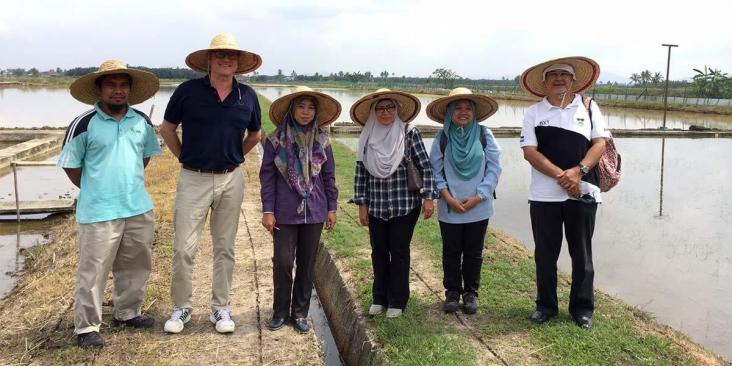
This article highlights one of the winning proposals of the Elsevier Foundation Green & Sustainable Chemistry Challenge - “Biopesticides for improved paddy yield” - led by researcher Dr. Suzana Yusup. Her work shows how bio-pesticides can be safer and more effective than traditional pesticides, contributing to SDGs 8, 12, 13 and 15.
Using newly-released and globally available high-resolution remote sensing data on forest loss, we update the assessment of the cross-country determinants of deforestation in developing countries.
This literature review identifies the impacts of different renewable energy pathways on ecosystems and biodiversity, and the implications of these impacts for transitioning to a Green Economy.
Reducing large-scale deforestation in commodity frontiers remains a key challenge for climate change mitigation and the conservation of biodiversity.
Natural World Heritage Sites (NWHS), via their formal designation through the United Nations, are globally recognized as containing some of the Earth's most valuable natural assets.
Natural World Heritage Sites (NWHS), via their formal designation through the United Nations, are globally recognized as containing some of the Earth's most valuable natural assets.
Trees, and their derivative products, have been used by societies around the world for thousands of years.
The rapid global conversion of biodiverse landscapes to intensively managed arable fields may decrease microbial diversity and threaten the long-term fertility of native soils.
Global food security is a priority for the future development agenda of the United Nations.
